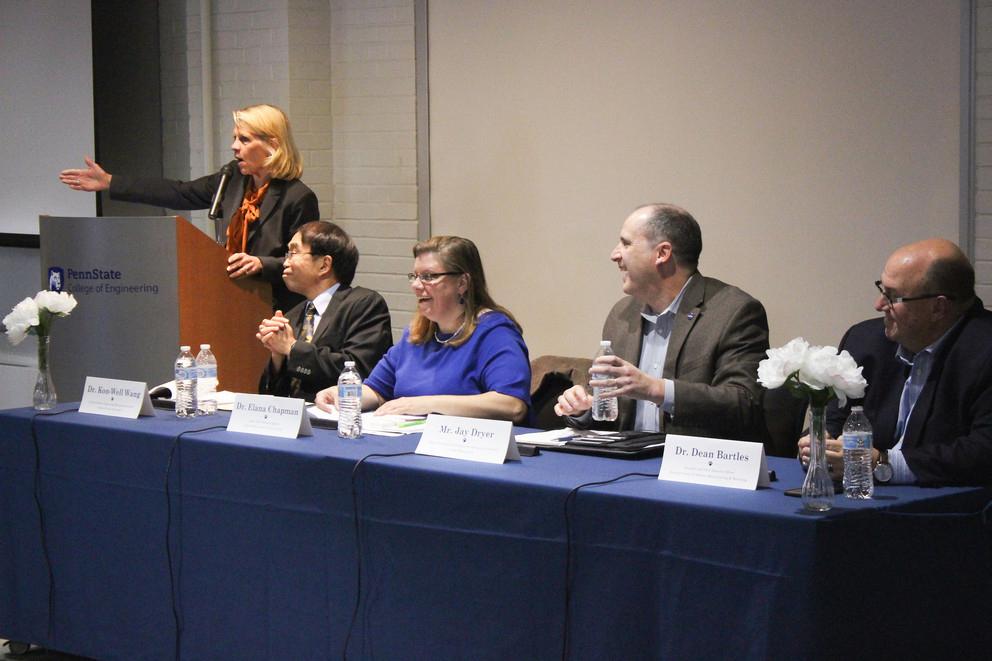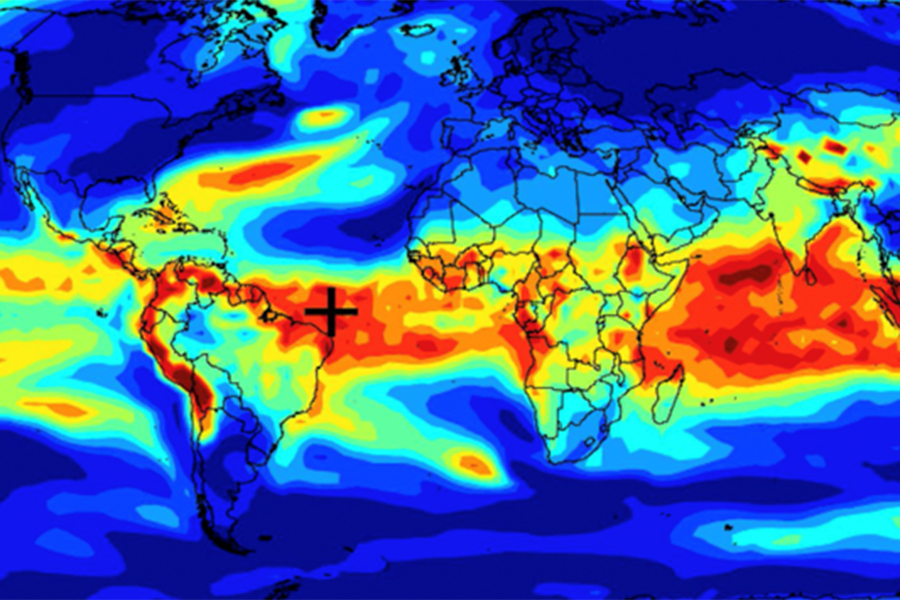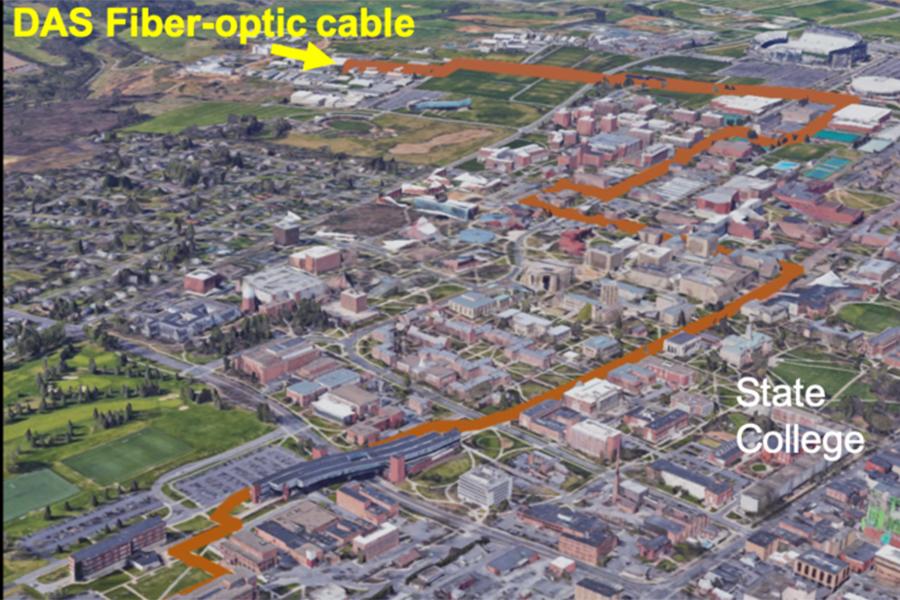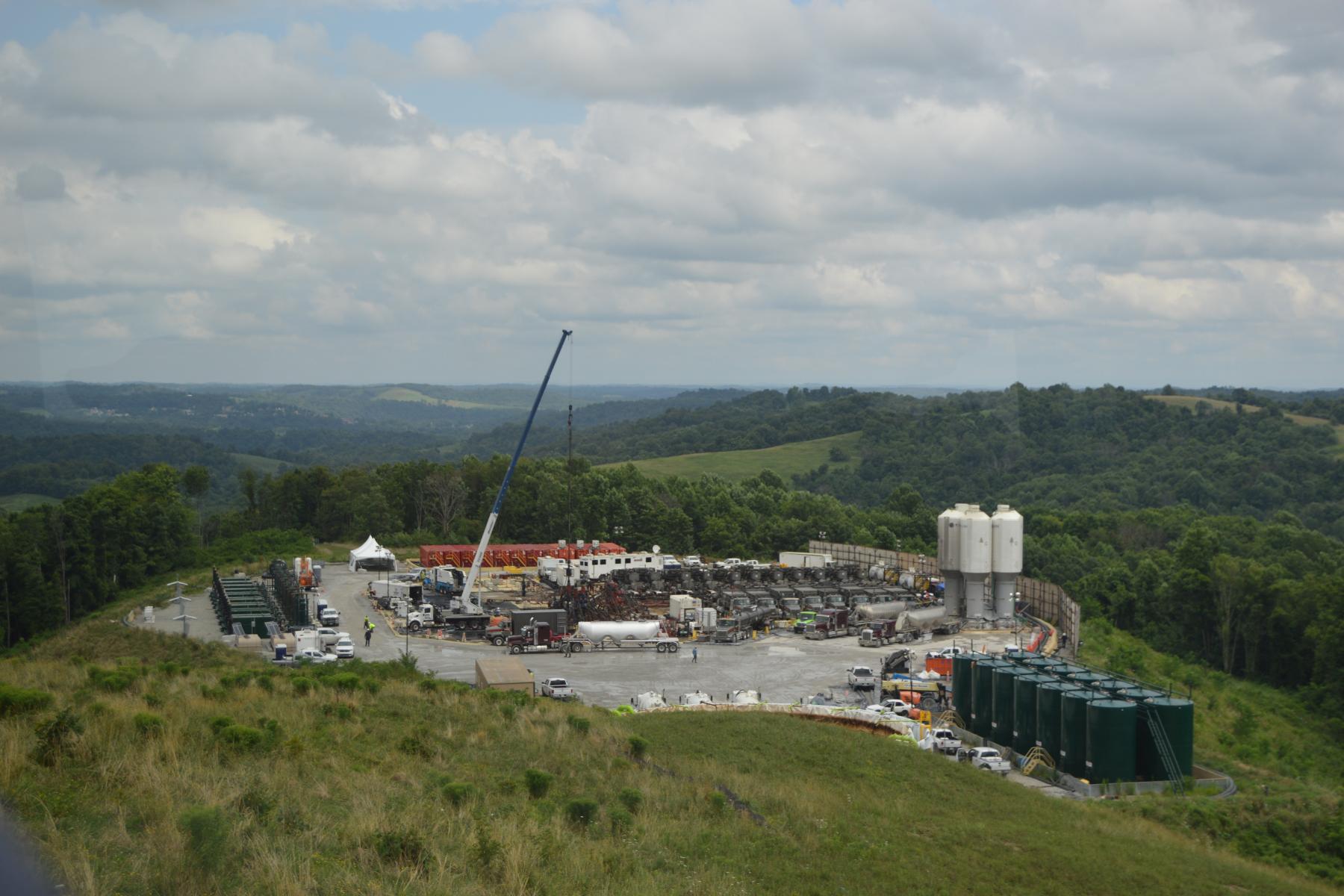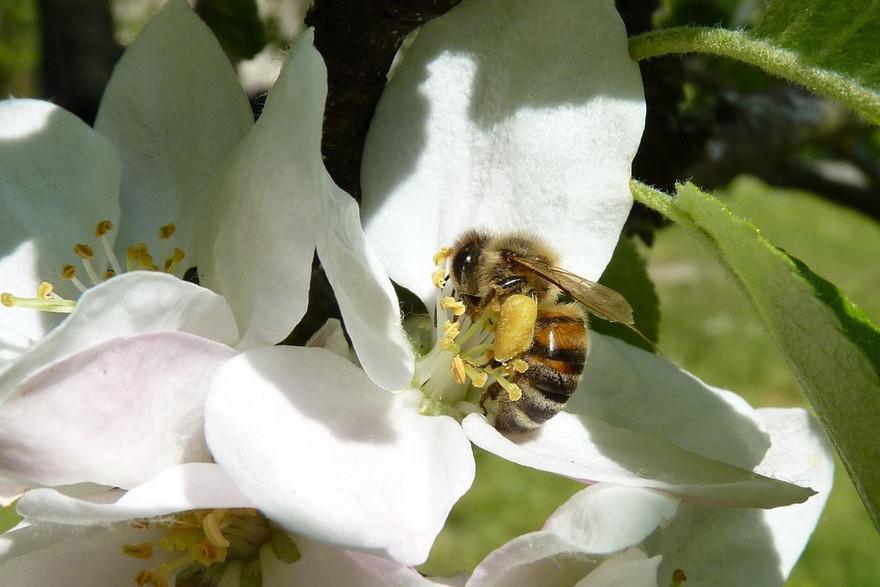Sustainability is a strategic initiative in the College of Earth and Mineral Sciences. Below are the most current stories showcasing our college's sustainability efforts.
Subscribe to the Sustainability News listsesrv
New subscribers can join by sending mail to: L-EMS-SUSTAINABILITY-COUNCIL-NEWS-subscribe-request@lists.psu.edu

News
Penn State alumna Elana Chapman, senior fuels and biofuels engineer at General Motors (GM), has been recognized for her impacts within the fuel industry.
The Institutes of Energy and the Environment (IEE) created a new research theme: Urban Systems. The theme will address the essential and urgent needs for sustainable, healthy and affordable solutions for urban areas.
In 2021, Penn State’s Sustainability Institute (SI) and the Pennsylvania GreenGov Council are co-hosting a monthly webinar series to educate employees in state agencies and municipal governments about how they can incorporate sustainability into their work.
Volcanic eruptions, not natural variability, were the cause of an apparent "Atlantic Multidecadal Oscillation" according to a team of climate scientists who looked at a large array of climate modeling experiments.
Scientists are using fiber-optic distributed acoustic sensing (DAS) technology to turn existing telecommunication infrastructure that is already installed underground into a valuable resource for monitoring ground vibrations.
Air pollution levels may have exceeded air quality standards during the development of some Marcellus Shale natural gas wells in Pennsylvania, potentially impacting more than 36,000 people in one year alone during the drilling boom, according to Penn State scientists.
Piezoelectric materials hold great promise as sensors and as energy harvesters but are normally much less effective at high temperatures, limiting their use in environments such as engines or space exploration.
Winter survival of honey bee colonies is strongly influenced by summer temperatures and precipitation in the prior year, according to Penn State researchers, who said their findings suggest that honey bees have a "goldilocks" preferred range of summer conditions outside of which their probability of surviving the winter falls.
A new analysis of nearly two decades of satellite data shows that economic development, fossil-fuel combustion and air quality are closely linked on the continental and national scales, but can be decoupled at the national level, according to Penn State scientists.
Range anxiety, the fear of running out of power before being able to recharge an electric vehicle, may be a thing of the past, according to a team of Penn State engineers who are looking at lithium iron phosphate batteries that have a range of 250 miles with the ability to charge in 10 minutes.


